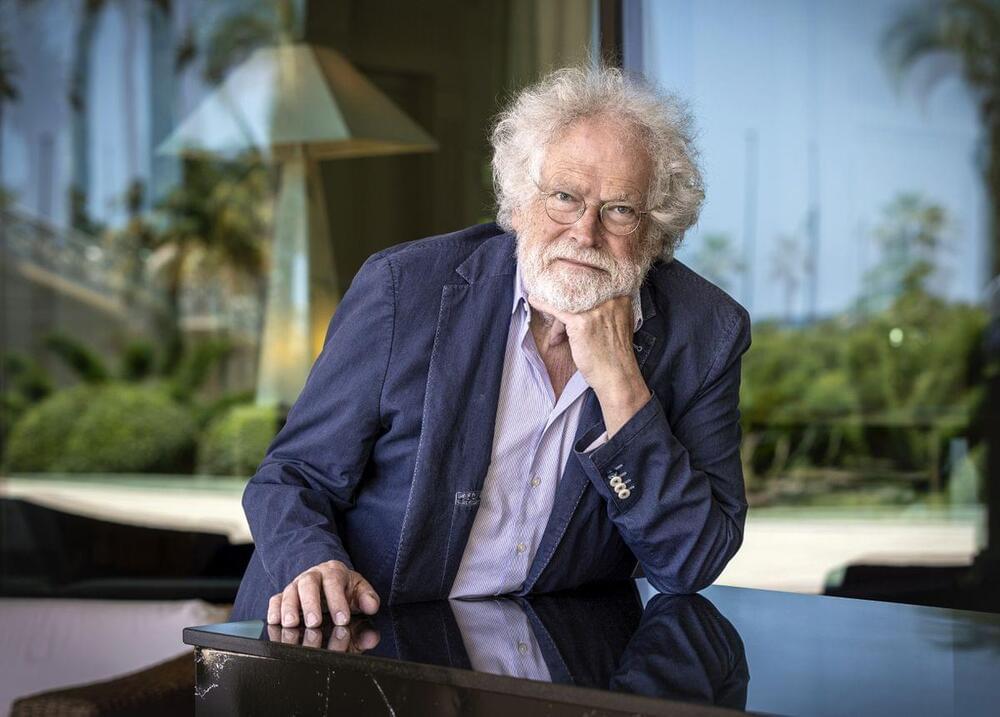By using error mitigation, IBM scientists believe they’ve worked around the quantum noise that plagues quantum processors.
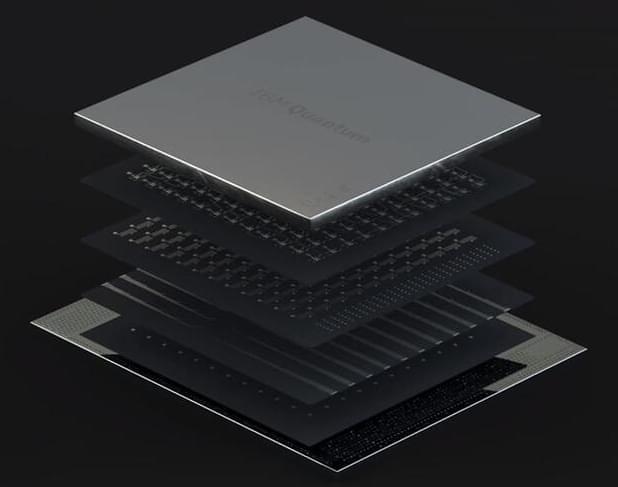

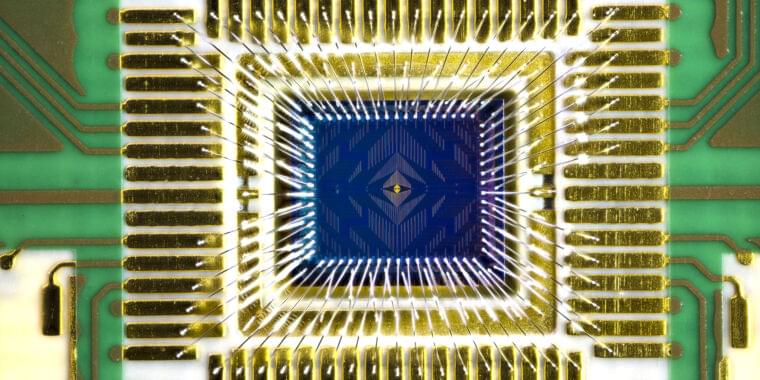
The 12-qubit device will go out to a few academic research labs.
Intel does a lot of things, but it’s mostly noted for making and shipping a lot of processors, many of which have been named after bodies of water. So, saying that the company is set to start sending out a processor called Tunnel Falls would seem unsurprising if it weren’t for some key details. Among them: The processor’s functional units are qubits, and you shouldn’t expect to be able to pick one up on New Egg. Ever.
Tunnel Falls appears to be named after a waterfall near Intel’s Oregon facility, where the company’s quantum research team does much of its work. It’s a 12-qubit chip, which places it well behind the qubit count of many of Intel’s competitors—all of which are making processors available via cloud services. But Jim Clarke, who heads Intel’s quantum efforts, said these differences were due to the company’s distinct approach to developing quantum computers.
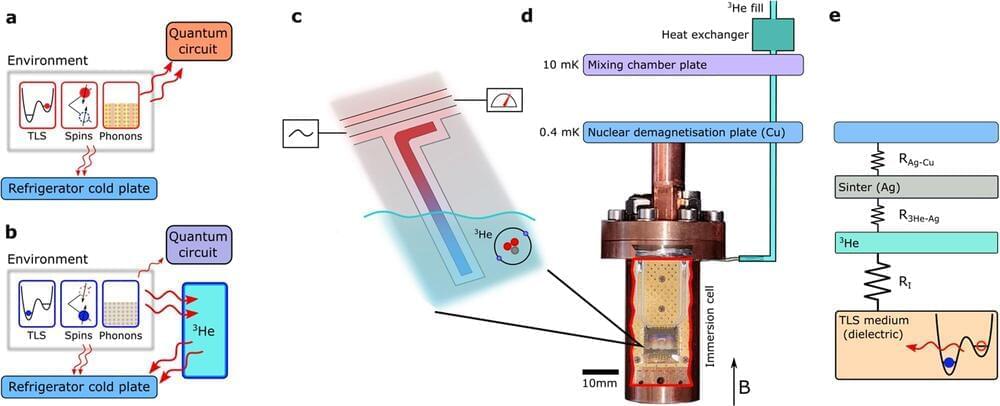
Typical superconducting quantum circuits, such as qubits—basic processing units of a quantum computer, must be operated at very low temperatures, of a few 10s of millikelvin, or hundredths of a degree from absolute zero temperature. These temperatures are today easily accessible in modern refrigerators. However, the intrinsic temperature of devices turns out to be much higher because the materials required to make good qubit circuits are by their nature very poor thermal conductors. This thermalization problem becomes more and more acute as the scale and complexity of circuits grow.
Much like water (or liquid nitrogen) cooling is sometimes used to effectively cool down high-performance digital computers, a quantum computer could benefit from similar liquid cooling. But at the very low temperatures that quantum circuits operate, most liquids will have turned into ice. Only two isotopes of Helium, Helium-3 and Helium-4, remain in the liquid form at millikelvin temperatures.
In recent work published in Nature Communications, researchers from the National Physical Laboratory, Royal Holloway University of London, Chalmers University of Technology and Google developed new technology to cool down a quantum circuit to less than a thousand of a degree above absolute zero, almost 100 times lower temperature than achieved before. This was made possible by immersing the circuit in liquid 3 He, chosen for its superior thermal properties.

A longtime board member at Nvidia Corp. dumped more than $48 million worth of the chip maker’s shares earlier this week, cashing in on the stock’s recent surge.
Harvey Jones, who has been on the Nvidia NVDA, +2.12% board since 1993, sold nearly of the company Tuesday at prices between $400 and $408.51, according to a filing with the Securities and Exchange Commission made public Wednesday. He pocketed $48.3 million through the transaction, which took place with shares that he held in his living trust.
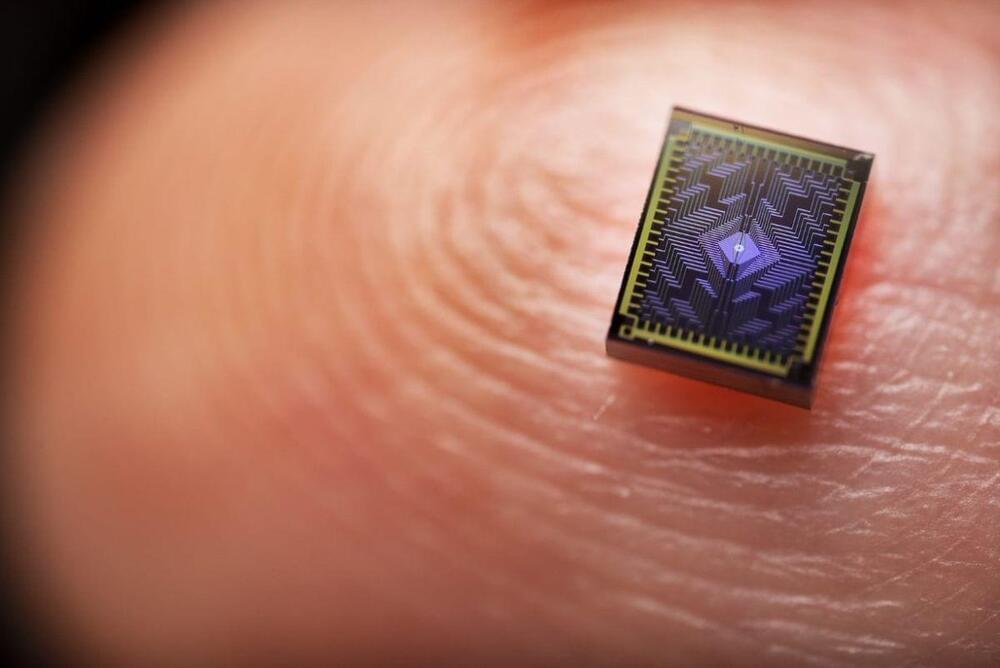
Intel announced the next step on its road to quantum with the release of its latest quantum chip, a 12-qubit, silicon-based chip the company is calling “Tunnel Falls”. No, no, it’s okay, you can keep those greenbacks in your wallet: Intel isn’t in the commercialization phase yet. Instead, Tunnel Falls is meant to be a research test chip: it’s still a stepping stone towards the actual Quantum Processing Units of the future. Hopefully, those will be more like Intel’s own Tunnel Falls than Iran’s Amazon-based “quantum computing” technology.
“Tunnel Falls is Intel’s most advanced silicon spin qubit chip to date and draws upon the company’s decades of transistor design and manufacturing expertise. The release of the new chip is the next step in Intel’s long-term strategy to build a full-stack commercial quantum computing system. While there are still fundamental questions and challenges that must be solved along the path to a fault-tolerant quantum computer, the academic community can now explore this technology and accelerate research development.” says Jim Clarke, Intel’s director of Quantum Hardware.
While it may be underwhelming to know that Tunnel Falls is just a research test chip, it’s also an often overlooked necessity for any new technology. Before any work can be done within the quantum computers of the future, the algorithms, the learning and the how-to have to be started today. One issue with that is the difficulty in producing quantum computing hardware; there’s a reason such a small number of big companies — from Intel to Microsoft, IBM, IonQ, and Google — are actively developing quantum computing hardware.
This article is part of a VB special issue. Read the full series here: Data centers in 2023: How to do more with less.
The metaverse was once pure science fiction, an idea of a sprawling online universe born 30 years ago in Neal Stephenson’s Snow Crash novel. But now it’s gone through a rebirth as a realistic destination for many industries. And so I asked some people how the metaverse will change data centers in the future.
First, it helps to reach an understanding of what the metaverse will be. Some see the metaverse as the next version of the internet, or the spatial web, or the 3D web, with a 3D animated foundation that resembles sci-fi movies like Steven Spielberg’s Ready Player One.
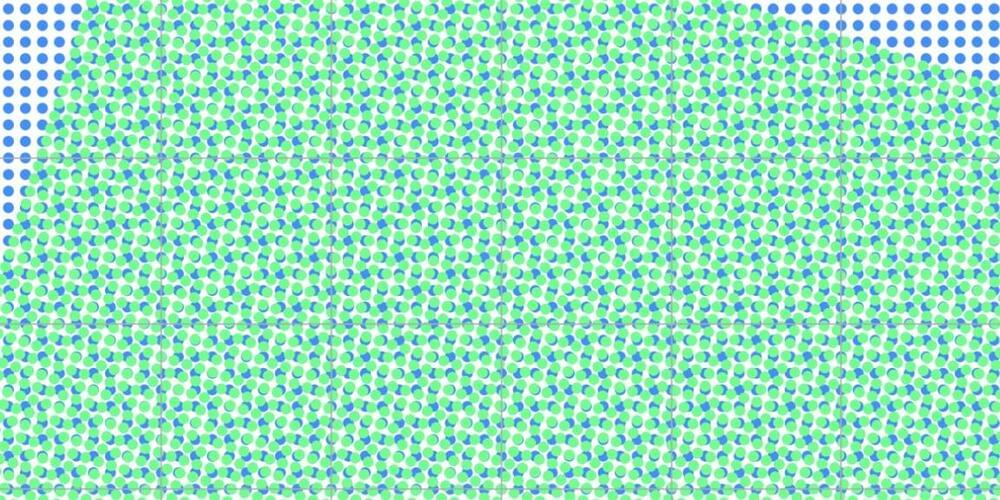
IBM in collaboration with UC Berkeley researchers announced a recent breakthrough experiment which indicates that quantum computers will soon surpass classical computers in practical tasks.
Now, the company is taking another major step that has never been done before by it. The company is making the 127-qubit quantum computer publicly available over IBM Cloud.
The IBM researchers measured the noise in each qubit and extrapolated their measurements to predict the system’s behaviour without noise. They successfully ran calculations involving all 127 qubits of the Eagle processor, marking the largest reported experiment of its kind.
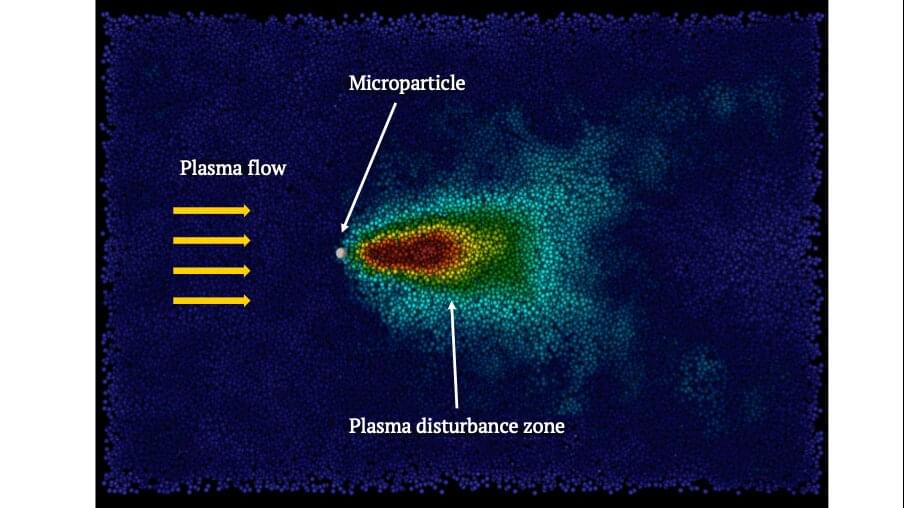
Understanding the mechanisms of interaction between plasma and microparticles is of a critical importance in various fields, including astrophysics, microelectronics, and plasma medicine. A common experimental approach for studying interactions between plasma and microparticles is to place microparticles in a flowing plasma of a gas discharge. In order to achieve a more accurate understanding of the processes occurring in such systems, scientists need fast and efficient tools for calculating forces acting on microparticles in a plasma flow.
Typically, plasma-physicists have to independently develop software tailored to a specific task, which is a significant investment of time and resources. Existing open-source programs frequently encounter challenges related to installation, documentation, and sluggish performance. A group of scientists from the JIHT, the HSE and, MIPT have developed a novel solution: a fast, open-source code which is easy to install and extensively documented.
The outcome—OpenDust—performs ten times faster than existing analogues. In order to accelerate calculations, the algorithm uses multiple GPUs simultaneously.
